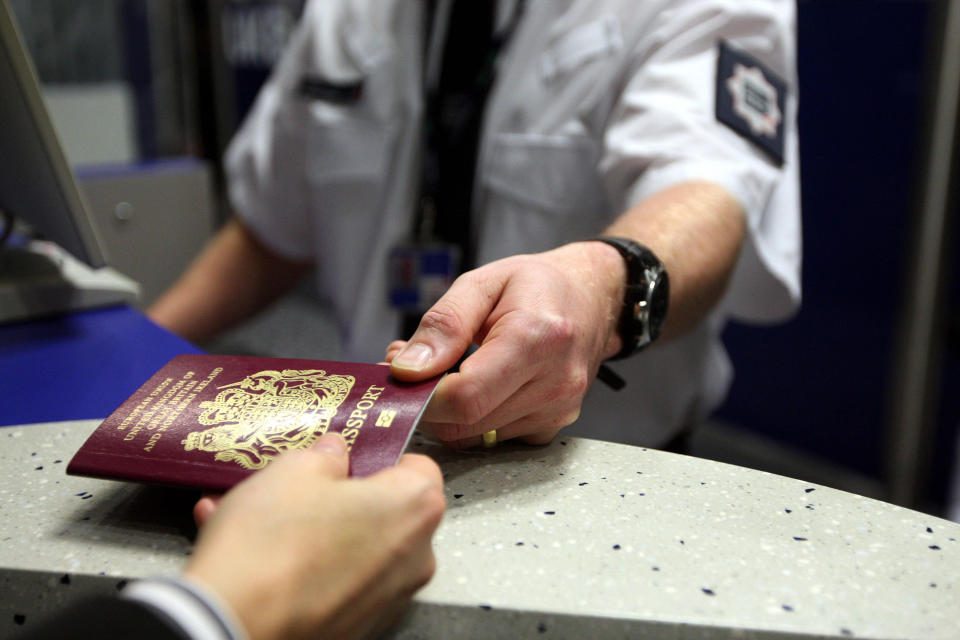Brexit already pushes thousands of Brits to become citizens abroad

The cataclysmic failure of prime minister Theresa May’s Brexit withdrawal agreement on Tuesday means more months of instability and chaos for British citizens both in the UK and living across the bloc.
Over the past two years since the Brexit referendum, thousands of Brits have taken a huge step to combat that insecurity by obtaining citizenship in the EU countries where they live and work.
Some two million Brits abroad were not allowed to vote in the Brexit referendum, as the UK’s rules stipulate that expats who have lived outside the UK for more than 15 years lose the right to vote in any sort of election in Britain.
Germany’s Federal Office for Statistics (Destatis) reported a 162% surge in the number of British people obtaining German nationality in 2017, compared to the year prior. Among the Brits living in Germany, 7,493 got German passports last year, compared to 2,865 in 2016, and just 622 in 2015.
The number of British expats who were granted French citizenship also shot up, from 320 in 2015 to more than 1,500 in 2017.
The BBC reported in June last year that in 2017 a total of 13,141 UK citizens obtained the nationality of one of the 18 EU member states from which it had data. Out of those, Germany had granted the most citizenships to British people by quite a margin.
The process of applying for German citizenship, including taking general knowledge and language tests, can take up to a year or more, so it is imaginable that the statistics for next year will reveal another increase, especially given the endless insecurity that plagued every step of Brexit discussions last year. Destatis told Yahoo Finance UK that it was impossible to predict if even greater numbers of Brits would have been granted German citizenship in 2018.
One advantage to German citizenship for British nationals, is that the government currently allows them to hold a German and a British passport (or German plus one other EU country.) Spain, for example, does not: Brits who obtain Spanish nationality need to give up their British one.
At the beginning of January, Italy became the first EU government to offer real security to concerned British expats living in the country, announcing that they would continue to be legal residents, with their existing rights to work, even if the UK were to crash out of the bloc without a deal in March.
Germany also announced that, in the event of a no-deal Brexit, UK nationals would have an extra three-month grace period after March to get themselves legally registered as residents in the country.

 Yahoo Finance
Yahoo Finance 